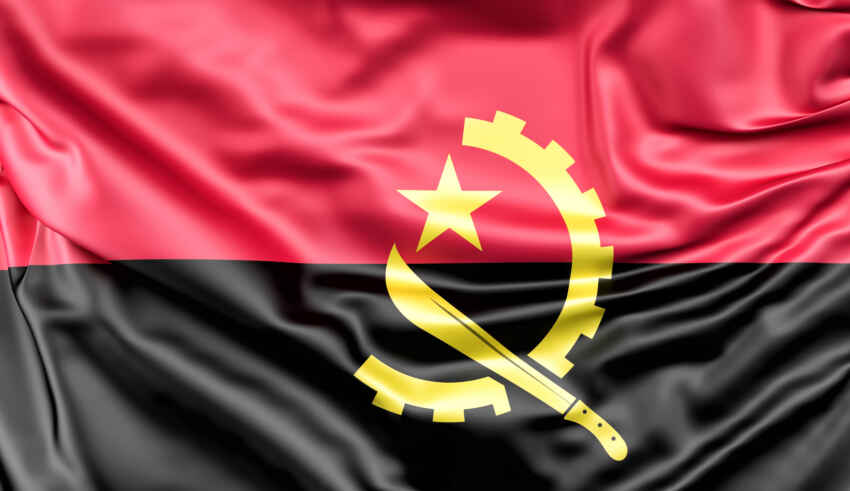
Background
The Organization of the Petroleum Exporting Countries (OPEC) is an organisation which aims to achieve unity and cooperation amongst petroleum exporting countries, particularly in regards to their exporting policies. The organisation thus operates to achieve a certain stability in the market. In order to join, a state has to have a substantial net export of crude petroleum. An advantage of becoming a member state of this closed organisation means that a state’s income coming from crude oil is to a certain degree protected from market fluctuation as cooperation within OPEC prevents conflicts amongst the highest exporting nations.
The organisation, established in 1960, has generated controversy as it has been coined an economic cartel, manipulating oil prices as they dominate the market. Angola, a member since 2007 announced in December that they would leave the organisation, prompting questions on the impact of this decision but also on the unity and future of OPEC.
Angola’s decision to leave OPEC: reasons and motivations
Angola’s primary reason for leaving the petroleum organisation rests on failed negotiations and disputes surrounding oil production quotas. The production quotas model is part of the organisation’s mandate to stabilise the oil market by putting a limit on each member state’s production, which it cannot exceed. Angola, which has been trying to attract investment, argued that a lower threshold would render investment less attractive in the Central African country and thus considered that being a member of OPEC was too restricting. This is not the first former member to do so, as Qatar left in 2018 and Ecuador in 2019, albeit the reasons for leaving were different than Angola’s.
Impact
From an economic perspective, Angola leaving OPEC cuts the organisation’s market share as Angola produces 1.1 million barrels of oil per day which puts the country in neither the group of production giants nor the group of smallest producers. Therefore, while the cut to OPEC’s market share is not catastrophic, it still contributes to the organisation’s decline in the market. The decline of OPEC can not only be perceived from an economic perspective but also in regards to the functioning of the organisation. Indeed, the dissatisfaction of some of the former members such as Qatar accusing the organisation of political foul play has put a strain on the unity of the organisation and by extension its efficiency and functioning.
The future of OPEC?
The future of the petroleum exporting organisation has often ended with a question mark. Indeed, since it has been founded, the organisation has experienced successes and failures and has gained importance and stature and has equally had periods during which it has lost some. The functioning of OPEC can also heavily be influenced by outside factors such as pandemics which plummet the demand for oil, as witnessed in 2020. Angola’s departure of the organisation has a negative impact on the organisation, however, OPEC has proven to be able to bounce back and even have states rejoin the organisation or suspend their membership, demonstrating that certainty is not assured when it comes to cooperation in the oil market.
By The European Institute for International Law and International Relations
References















